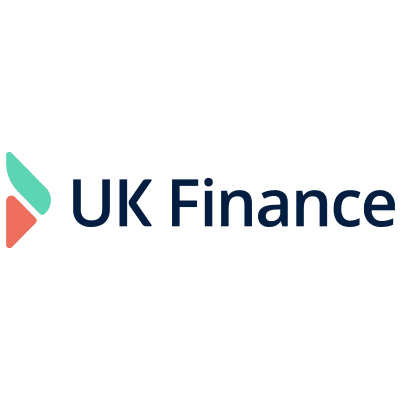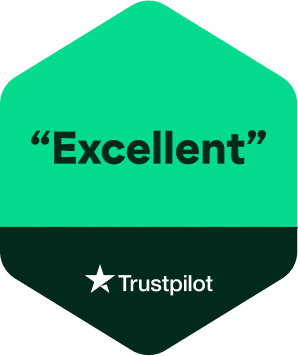Tax and VAT Loans
Owing HMRC a big chunk of money is one of the biggest concerns a small business can face. Unfortunately, it’s often unavoidable and can cause some issues with company cash flow – particularly if you’re concerned that you don’t have enough working capital to make the payment.

You’re not alone in thinking this – so many businesses today aren’t aware that there are options available to help with this payment. It’s a little known fact that you can use a business loan to spread the payments to make it more manageable.
As with many other bills, liabilities to HMRC should be paid as soon as they fall due. Delaying payments could mean some late fines and penalties by HMRC and, in some worst case scenarios, be issued a winding up petition. A business loan to cover the liability when it’s due could give your business peace of mind.
If you have already been served a winding up petition, you will not be eligible for a loan.
Tax loans
Getting a loan to cover the amount of your corporation tax bill is one way to spread out the payments over a fixed term. The amount generally can be paid either directly to HMRC or into an account of your choosing.
Loans for this purpose are usually unsecured, meaning you don’t have to use company assets as security against it, but you will probably be asked to provide a personal guarantee as a director of the business.
Depending on the amount you borrow, the repayment terms will vary from as little as three months, six months or as long as 12 – which frees up cash for other areas of business.
VAT loans
Borrow from £2,000 to £500,000 for whatever VAT costs your business needs to pay. Just as with a tax loan, the amount can be paid directly to HMRC on your behalf or to an account of your choosing and repayments can be spread out over the course of 3 months.
As well as providing specific documentation like previous VAT returns, your accounts and bank statements, you’ll also need to give information on the company’s director(s).
Short-term loans for VAT can be used to pay:
- Property VAT
Where most commercial properties are opted to tax (VAT registered), you have to pay VAT on them. Couple this with the initial deposit for a commercial mortgage, and the costs mount up quickly. - Quarterly bills
Planning ahead to make sure the business has enough freed up cash to pay should be the norm, but many businesses struggle to put money aside throughout the year for each quarterly VAT bill.
For more information about VAT deadlines, HMRC have guidelines on their website.
Costs and fees
Just like a business loan these depend on which funder you’re using. Interest can be higher due to the nature of unsecured loans having no assets leveraged, particularly if you want to borrow a high amount.
Get more information on unsecured business loans here.
Talk to us
Get in touch with us today to talk about your options for tax and VAT loans. Give us a call or fill in our online form below and one of our consultants will be in touch at a time that’s suitable for you.




